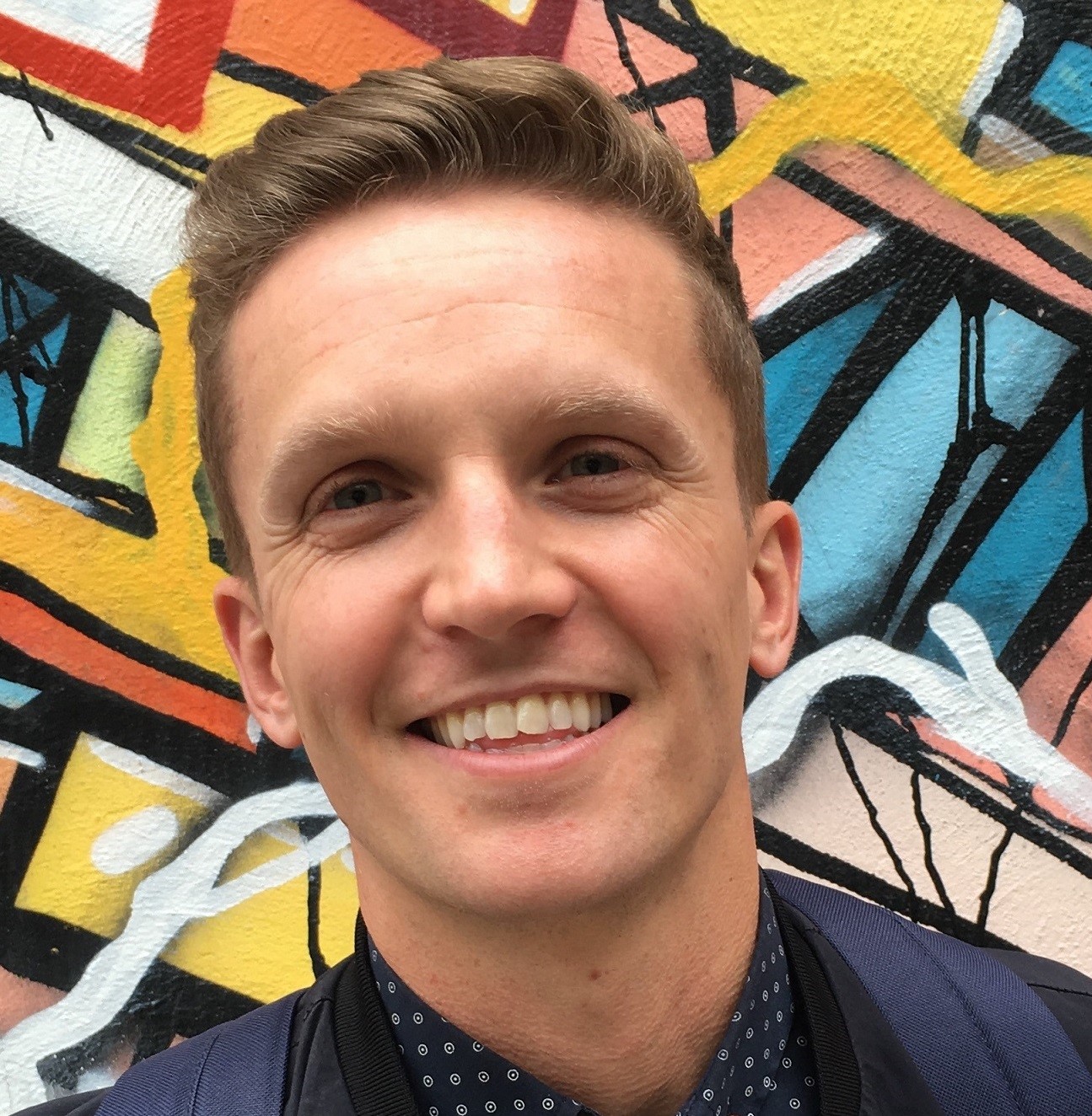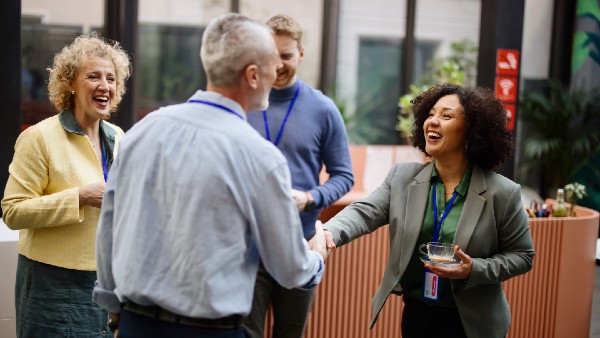In crisis, we pull together to help the most vulnerable. Covid-19 has been no exception.
While staff in the NHS and social care work around the clock to save lives, in towns across the country citizens have banded together to help those who may struggle to get by. 750,000 NHS volunteer responders. Thousands of organisations in the voluntary, community and social enterprise sectors.
They have provided practical assistance like delivering food and medications. They’ve also given emotional assistance, providing a listening ear for those who are bereaved, anxious, or lonely. They have stepped up to the challenge.
What does this tell us? That we need to work in a collaborative and integrated way – a whole system response. And that improving health outcomes is as much about social factors as it is biology.
The work of eminent scientists like Sir Michael Marmot has shown that health is determined largely by the social circumstances in which people are born, grow, live, work and age. For example, being lonely has been shown to have health consequences similar to smoking 20 cigarettes a day.
This is why there has been a growing interest in ‘community-centred’ health approaches. The idea is to help improve health outcomes by building social capital, while at the same time reducing demand on health services.
Many clinicians believe complementing social and medical approaches makes it easier to understand patients as a whole person. Especially when you think about how many medical problems often have a social cause.
Social innovations from the family of community centred health approaches are becoming increasingly popular in health and social care. Here are some examples:
Social prescribing: Connecting patients to community activities and support networks, alongside or as an alternative to medical interventions prescribed by clinicians.
A Link Worker or Wellbeing Officer works alongside patients to identify what’s affecting their health and plan together how to address these problems.
This can include connecting to community alternatives, like the support available in the voluntary, community, faith and social enterprise sectors. This can help the patient address their needs and build their knowledge of local support structures.
Participatory research: Inviting patients to take an active part in research that shapes the design and delivery of services. Sharing their lived experience helps inform research findings and makes sure they’re treated as equals.
Peer support: Providing opportunities for patients to offer practical and emotional support to others. For example, patients who are recently diagnosed with a health condition or people who want to better manage their long-term health condition can offer advice to each other.
Policymakers are gradually waking up to the potential of social ‘community-centred’ approaches to drive improvements in health outcomes. For example, social prescribing is being rolled out nationally within primary care with investment from NHS England.
In the future, I suspect our healthcare system will evolve to become more responsive to patients’ social needs. The social causes of our health are a driving force that shapes our lives. Healthcare’s social revolution can meet this challenge.
Professor Simon Constable is Chief Executive of Warrington & Halton Teaching Hospitals.
Mark Swift is an RSA Fellow and Chief Executive of Wellbeing Enterprises CIC.
Related articles
-
Introducing the Fellowship Promotion Guide
Fellowship news
Fionna Monk
Our brand-new Fellowship Promotion Guide is a powerful new resource designed to make it easier than ever for current Fellows and staff to share the value of the RSA Fellowship with others.
-
Why 2025 is an exciting year to be an RSA Fellow
Fellowship news
Fionna Monk
Happy New Year! 2025 is shaping up to be a landmark year for the RSA Fellowship, brimming with new opportunities, initiatives, and global collaborations. There’s never been a more exciting time to be part of this dynamic and engaging community. Here’s more on why this year promises to be an inspiring and impactful year for RSA Fellows worldwide.
-
Counting the cost of bowling alone
Blog
Andy Haldane
In his 2025 CEO Lecture, Andy Haldane addresses how the ever-increasing cross-border flows of goods, people and information affect widening divisions and accelerate the depletion of social capital.




